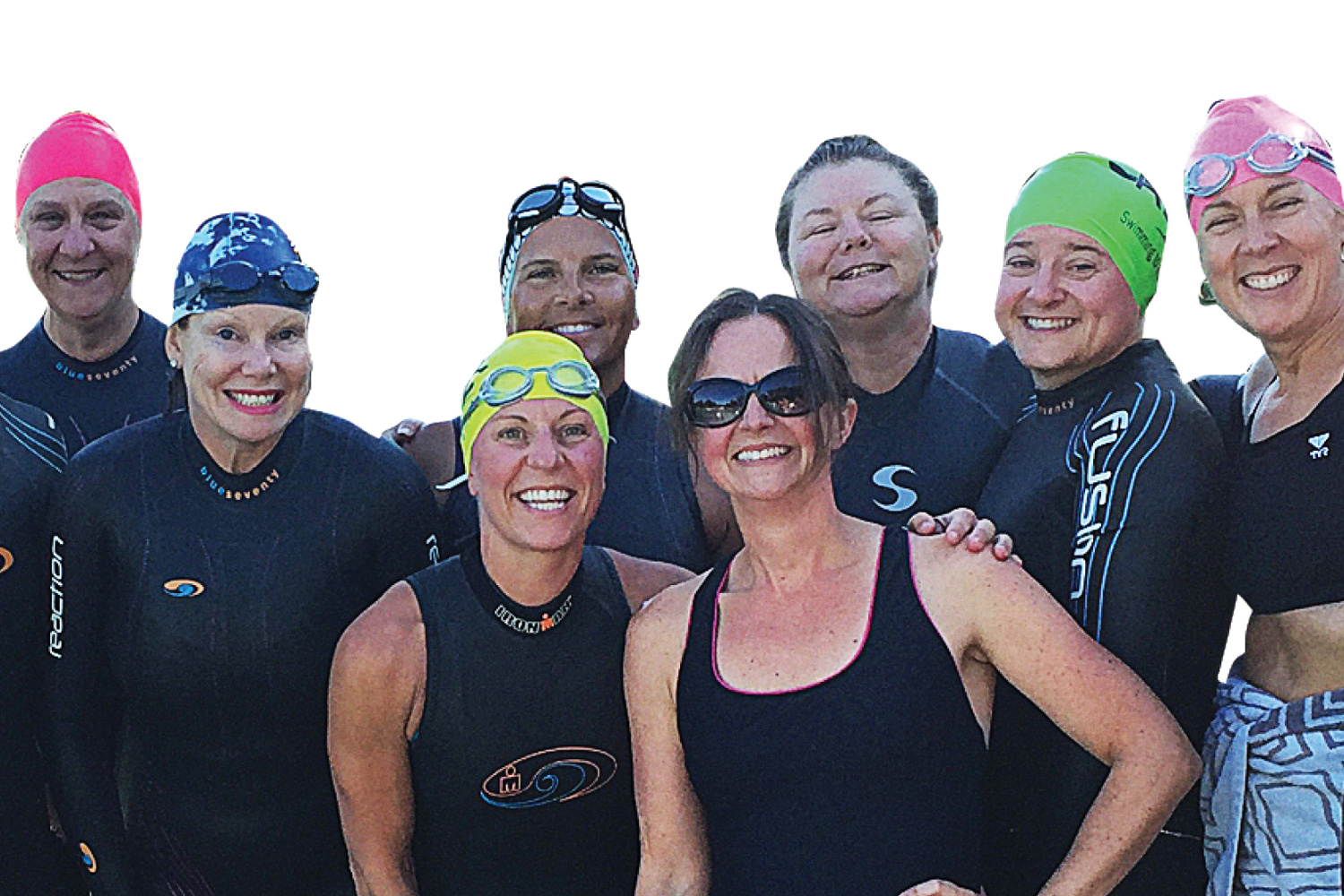
Every athlete is a study of one, presenting different limitations and strengths. The best coaches are able to identify these differences and adapt their style and strategy to meet the unique needs of every athlete.

Every athlete is a study of one, presenting different limitations and strengths. The best coaches are able to identify these differences and adapt their style and strategy to meet the unique needs of every athlete.